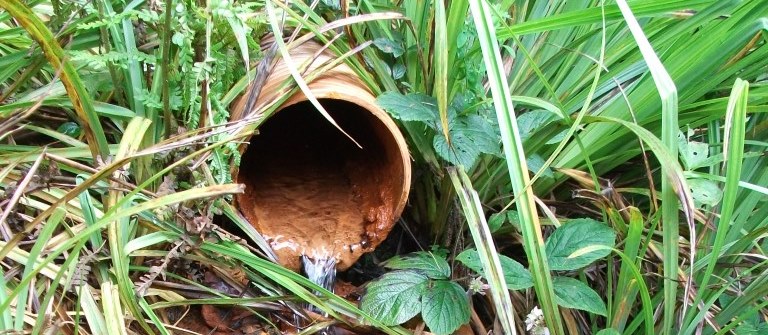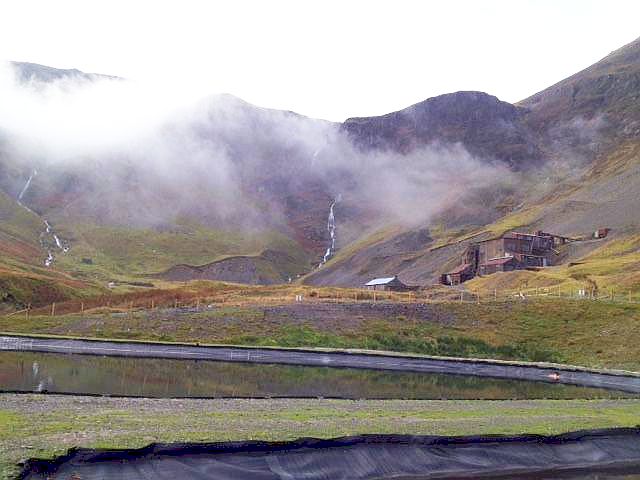ICARD-IMWA 2015 came to a close last night in Santiago, Chile after an intensive three day conference tackling all matters mine water. It was such a unique opportunity to discuss my own work and the work of others with the leading specialists from around the world. My presentation on metal recovery experiments went relatively smoothly and managed to fend off questions from Bob Hedin of Hedin Environmental and Jim Gusek from Sovereign Consulting in the US. Jim came to chat afterwards, telling me that ‘no one has ever done this before’ – what great reassurance for a PhD student, lets hope he is right!
As this was both the IMWA and ICARD conference, there were plenary talks from industry representatives as well as technical specialists. Personally I felt uneasy at some of the claims of ‘sustainable mining’ made by some. Mining is by definition unsustainable – not to say it does not have a role in modern society – but we need to be realistic about what is achievable when discussing environmental matters to avoid damaging credibility.
Regardless of some of these undertones, the technical parallel sessions were fantastic (I would suggest to anyone interested in mine water treatment to check out the proceedings, which should be freely available online soon). Normally I would slope off and miss a few talks later in the conference to catch breath, but felt compelled to attend all the sessions I could as the standard and relevance of presentations was so high. Particularly good talks were given by the passive treatment folks from NZ/Canada – Weber; Weisener; Trum et al. and also active treatment by Bioteq (Cratochvil et al.) – although it would be great to get an independent review of the Bioteq technology which looks very promising for resource recovery. As always, highly engaging talks also given by our UK co-workers. The final lesson learned in Santiago was not to ask for a Peruvian Pisco Sour in Chile – things go downhill pretty quickly after one of these!

